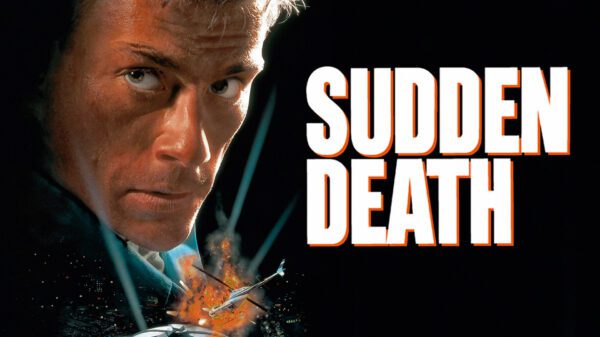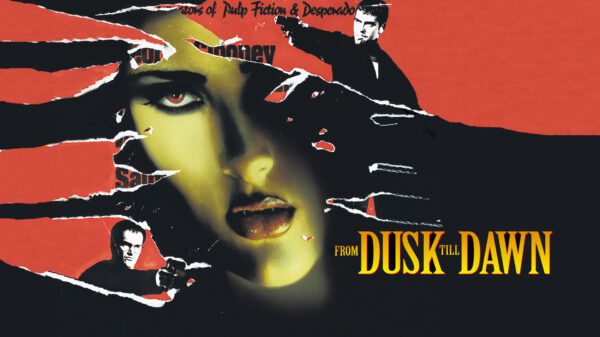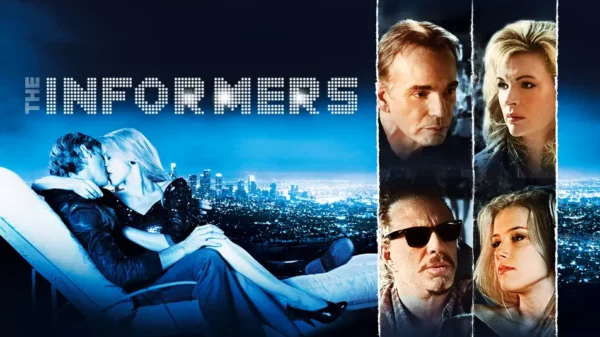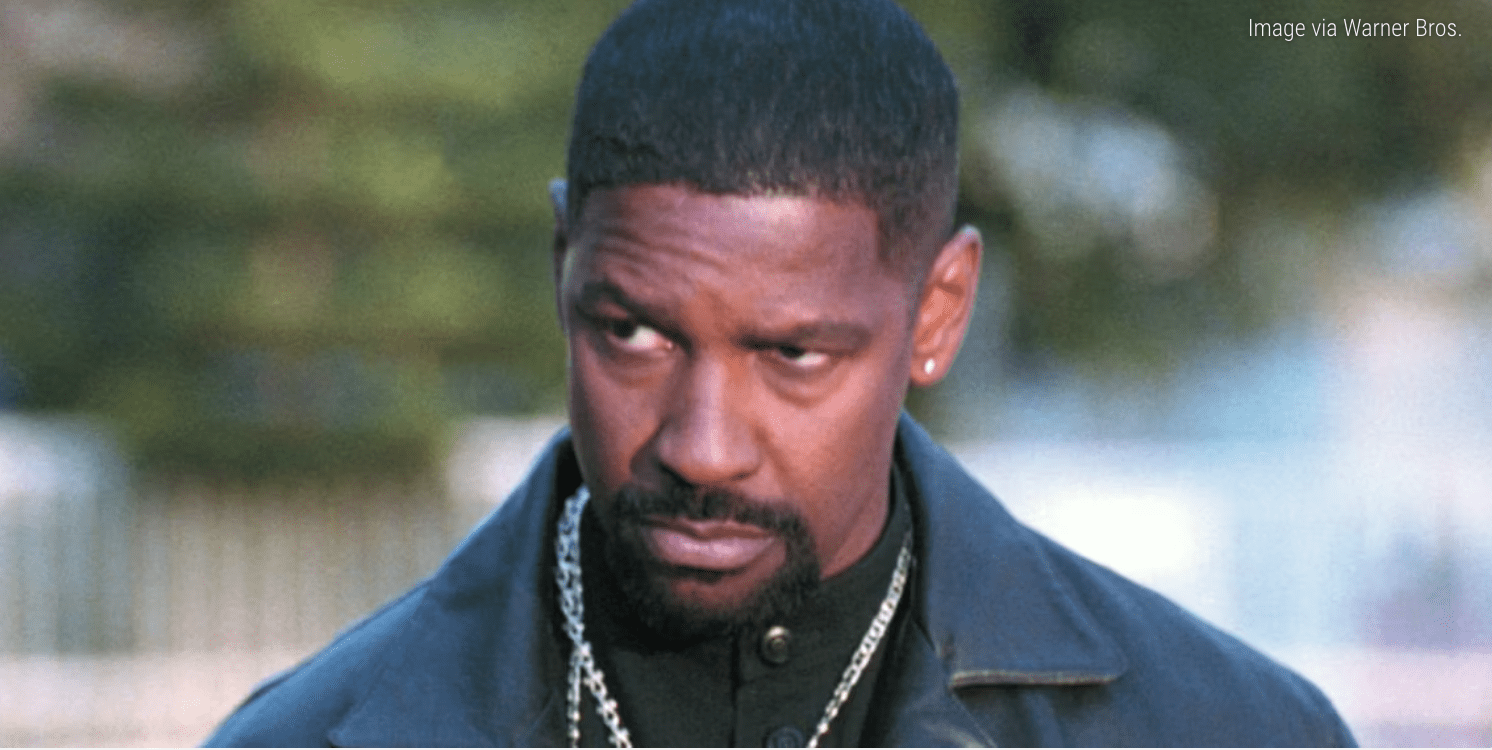Changing Lanes, released in theaters on April 12, 2002, delivers a powerful and intense drama that explores the devastating consequences of a seemingly minor incident. Starring Ben Affleck and Samuel L. Jackson, the film delves into themes of ambition, desperation, and the fragile nature of morality in the face of adversity.
The story unfolds in New York City, where a minor traffic collision between Gavin Banek (Affleck), a high-powered Wall Street attorney, and Doyle Gipson (Jackson), a recovering alcoholic and struggling insurance salesman, sets off a chain of events that spirals out of control.
Both men are on their way to important appointments – Banek to a crucial court hearing, and Gipson to a meeting that could determine his future with his family. The accident, and Banek’s subsequent callous behavior, triggers a series of escalating confrontations that expose the darker sides of both characters.
Changing Lanes is elevated by the exceptional performances of its two leads. Affleck sheds his more conventional leading man persona to portray the morally compromised and increasingly desperate Banek. He effectively captures the character’s arrogance and entitlement, as well as his growing realization of the damage he’s inflicted. Jackson, on the other hand, delivers a raw and emotionally resonant performance as Gipson, a man on the edge, fighting to maintain his sobriety and rebuild his life. His portrayal of a man pushed to his limits is both heartbreaking and compelling.
The supporting cast also shines, with strong performances from William Hurt as Gipson’s empathetic sponsor, Amanda Peet as Banek’s perceptive wife, and Sydney Pollack as Banek’s ruthless and influential boss. Each character adds depth and complexity to the narrative, highlighting the interconnectedness of their lives and the far-reaching consequences of their actions.
Kim Staunton, Richard Jenkins, Toni Collette, Joe Grifasi, Bruce Altman and Matt Malloy round out the cast.
Director Roger Michell expertly crafts a sense of mounting tension and unease throughout the film. The pacing is tight, and the use of handheld cameras and gritty urban settings adds to the film’s realism and immediacy.
The screenplay, written by Chap Taylor and Michael Tolkin, is sharp and insightful, exploring the complexities of moral decision-making and the ways in which a single moment can alter the course of a life.

Sydney Pollack and Ben Affleck in Changing Lanes (Photo/Paramount Pictures)
Reception for Changing Lanes
Changing Lanes grossed $17.1 million on its opening weekend, finishing No. 1 at the box office.
The film would gross $94.9 million worldwide.
Roger Ebert gave the film four out of four stars in his review, saying “This is one of the best movies of the year.”
Legacy
Changing Lanes is more than just a thriller; it’s a thought-provoking exploration of human nature. The film raises important questions about personal responsibility, the corrupting influence of power, and the challenges of maintaining one’s integrity in a world that often rewards ruthless behavior. It’s a film that stays with you long after the credits roll, prompting reflection on the choices we make and the paths we choose to follow.























